
Norway
Discover Norway: Where Majestic History Meets Sustainable Luxury 2
Norway: Where History Meets Sustainable Luxury
Norway, often referred to as the “Land of the Midnight Sun,” is a country where nature's magnificence is intricately woven with a rich cultural tapestry and a forward-thinking approach to sustainability.
From its dramatic fjords to its vibrant cities, Norway offers an unforgettable experience for the discerning traveller. This is not just a destination; it's a journey into a land where history, tradition, and modern sustainability converge.
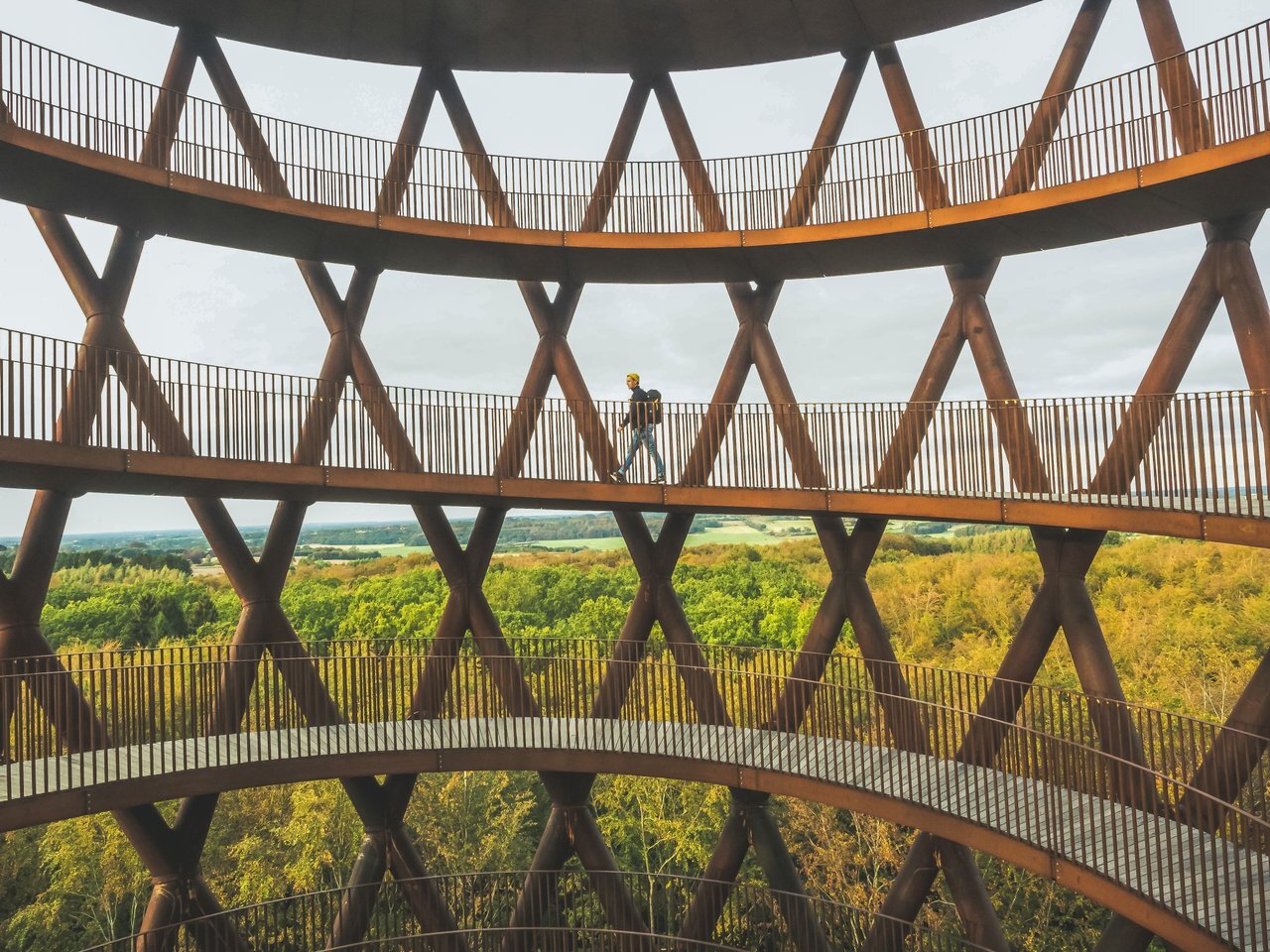

Discover Norway: Where Majestic History Meets Sustainable Luxury
Focus Keywords: Norway Sustainable Luxury Travel, Eco-Friendly Norway Tourism, Norway Cultural Heritage
Slug: norway-sustainable-luxury-travel-guide
Meta Description: Unveil Norway's history, culture, and sustainable luxury travel options with insights from an experienced cruise expert. Explore Norway's treasures responsibly.
Alt Text Image: Norway's vibrant cultural heritage amidst stunning, sustainable luxury travel experiences
Table of Contents:
1. Introduction: Norway - Where History Meets Sustainable Luxury
2. Norway's Historical Tapestry: From Vikings to Modernity
3. Sustainability in Norway: A Commitment to the Future
4. Architecture and Traditions: A Blend of Old and New
5. Gastronomy: A Taste of Norway's Rich Heritage
6. Sustainable Luxury Travel: Experiencing Norway Responsibly
6.1 Sustainable Cruises: Exploring Norway's Coastline
6.2 Eco-Friendly Luxury Accommodations
7. Culture and Community: Embracing the Norwegian Way of Life
8. Final Thoughts: Norway Awaits
9. FAQs
2. Norway's Historical Tapestry: From Vikings to Modernity
Norway's history is as breathtaking as its landscapes. The country's roots stretch back to the Viking Age, when Norse explorers set sail across the seas, leaving an indelible mark on the world. These seafarers, known for their bravery and craftsmanship, established trade routes and settlements that shaped the history of Europe. Today, you can explore remnants of this era, from ancient Viking ships displayed in Oslo's Viking Ship Museum to the reconstructed longhouses that offer a glimpse into the lives of these formidable warriors.
As you travel through Norway, the echoes of its past are visible in its well-preserved medieval architecture, such as the stave churches that dot the countryside. These wooden structures, with their intricate carvings and steep roofs, are a testament to Norway's medieval craftsmanship and its early Christian heritage. One of the most iconic is the Urnes Stave Church, a UNESCO World Heritage site that stands as a symbol of Norway's architectural ingenuity.
But Norway's historical narrative doesn't end there. The country has also played a pivotal role in modern history, particularly during World War II, when it was occupied by Nazi Germany. The impact of the war is still felt today, with museums and memorials across the country honoring the resilience of the Norwegian people during this dark chapter.
3. Sustainability in Norway: A Commitment to the Future
In Norway, sustainability is not merely a trend but a deeply ingrained way of life. The country's commitment to preserving its natural environment is evident in its stringent environmental policies and innovative approaches to green energy. Norway has set ambitious goals to become a carbon-neutral nation by 2030, and it's well on its way. Over 98% of Norway's electricity is generated from hydropower, and the country is a pioneer in the use of electric vehicles, with nearly all new cars sold being electric or hybrid.
However, Norway's dedication to sustainability goes beyond energy. The government has implemented comprehensive measures to protect its pristine landscapes and fragile ecosystems. In places like the Lofoten Islands and Svalbard, where the impact of climate change is particularly severe, Norway has introduced strict regulations to limit the environmental footprint of tourism. For example, visitors to Svalbard must undergo environmental briefings before embarking on tours, ensuring they are aware of the delicate balance that must be maintained in these Arctic regions.
4. Architecture and Traditions: A Blend of Old and New
Norway's architectural landscape is a fascinating blend of the old and the new, where tradition meets modernity in perfect harmony. While the country is famous for its medieval stave churches and centuries-old wooden houses, it is also home to cutting-edge modern architecture. The Oslo Opera House, with its sleek, angular design that mimics a glacier floating on water, is a striking example of how contemporary architecture can complement the natural environment.
Norwegian culture is deeply rooted in its traditions, many of which are tied to the rhythms of the seasons. One of the most cherished is Midsummer, or Sankthansaften, celebrated with bonfires, feasts, and dancing. This ancient festival, held on the longest day of the year, is a time when Norwegians come together to honor the light and the land that sustains them.
Winter, on the other hand, is a season of introspection and coziness, known as "koselig." This concept, which can be loosely translated as "coziness," is central to Norwegian culture. During the long, dark winter months, Norwegians embrace the cold with warm gatherings around fireplaces, candlelit dinners, and outdoor activities like skiing and ice fishing.
5. Gastronomy: A Taste of Norway's Rich Heritage
Norwegian cuisine is a delightful reflection of the country's natural bounty and cultural heritage. The seafood here is unparalleled, with fresh catches from the icy waters of the North Atlantic forming the backbone of many traditional dishes. One such delicacy is "rakfisk," a fermented fish that is an acquired taste but beloved by locals. Another is "klippfisk," dried and salted cod, which has been a staple in Norway for centuries and played a significant role in the country's economy during the 18th and 19th centuries.
For the adventurous eater, Norway offers the chance to sample reindeer meat, often served with lingonberry sauce and potatoes, providing a taste of the Arctic that is both unique and sustainable. Norway's commitment to organic farming and sustainable fishing practices ensures that the food on your plate is as fresh and eco-friendly as possible.
Norway is also home to a burgeoning culinary scene that blends traditional ingredients with modern techniques. In cities like Oslo and Bergen, you'll find Michelin-starred restaurants that offer innovative takes on classic Norwegian dishes. These establishments prioritize local and seasonal ingredients, ensuring that every meal is not only a feast for the senses but also a testament to Norway's commitment to sustainability.
6. Sustainable Luxury Travel: Experiencing Norway Responsibly
6.1 Sustainable Cruises: Exploring Norway's Coastline
For those seeking to explore Norway's stunning coastline responsibly, Hurtigruten Expedition Cruises leads the industry in sustainable travel. Their ships, particularly the MS Fridtjof Nansen and MS Roald Amundsen, offer state-of-the-art, environmentally friendly expedition experiences. While they no longer provide itineraries exclusively within Norway, they offer regular cruises to Norwegian regions and the breathtaking Svalbard archipelago.
Svalbard, in particular, offers an absolutely stunning experience for advanced explorers. However, it's important to note that this Arctic paradise is facing numerous challenges due to climate change, an issue that Norway is taking very seriously. By choosing a sustainable cruise option, visitors can explore this fragile ecosystem while minimizing their environmental impact.
6.2 Eco-Friendly Luxury Accommodations
Norway offers a range of eco-friendly luxury accommodations that combine comfort with sustainability. In Oslo, The Thief Hotel stands out as a prime example of sustainable luxury, featuring energy-efficient systems and a commitment to reducing plastic use.
For food enthusiasts, the three-Michelin-starred Maaemo in Oslo offers an unparalleled dining experience focused on organic, locally-sourced ingredients. In Bergen, Bare Restaurant provides a similar commitment to sustainability and local flavors.
For a truly unique experience, consider 29/2 Aurland, a boutique hotel in the heart of the fjords that emphasizes local culture and sustainable practices. And for seafood lovers, Cornelius Seafood Restaurant near Bergen offers an incredible 'meteorological' menu that changes with the weather and sea conditions, ensuring the freshest, most sustainable dining experience possible.
7. Culture and Community: Embracing the Norwegian Way of Life
Norway is not just a place to visit; it's a place to experience a way of life that is deeply connected to nature and community. The concept of "friluftsliv," which translates to "open-air life," is a cornerstone of Norwegian culture. It reflects the country's love for the outdoors and the belief that spending time in nature is essential for well-being. Whether it's hiking in the mountains, skiing in the winter, or simply taking a leisurely stroll through a forest, Norwegians embrace every opportunity to connect with the natural world.
This connection to nature is also evident in Norway's approach to tourism. The country's focus on sustainable travel is not just about protecting the environment; it's about preserving the cultural and social fabric of the communities that call Norway home. By promoting local businesses, supporting indigenous Sami culture, and ensuring that tourism benefits all aspects of society, Norway is paving the way for a more responsible and inclusive form of travel.
8. Final Thoughts: Norway Awaits
Norway is more than a destination; it's an invitation to explore a land where history, culture, and nature are intertwined in a way that is both timeless and forward-thinking. Whether you're drawn to the ancient mysteries of the Vikings, the stunning beauty of the fjords, or the innovative spirit of its cities, Norway offers an experience that is as enriching as it is unforgettable.
As you plan your journey, let my expertise guide you to the very best that Norway has to offer. With a deep understanding of the country's landscapes, culture, and sustainable travel practices, I'm here to help you discover Norway in a way that is both luxurious and responsible. So, come and experience the magic of Norway—where every moment is a step into a world of wonder, tradition, and sustainability.
9. FAQs
Q: What are some must-visit historical sites in Norway?
A: Norway is rich in history, with must-visit sites like the Viking Ship Museum in Oslo, the medieval stave churches, and the World War II resistance museum in Tromsø.
Q: How is Norway leading in sustainable tourism?
A: Norway is at the forefront of sustainable tourism with initiatives such as carbon-neutral energy, eco-certified accommodations, and strict environmental regulations in sensitive areas.
Q: What traditional Norwegian foods should I try?
A: Norwegian cuisine offers unique dishes such as "rakfisk" (fermented fish), "klippfisk" (dried cod), and reindeer meat, often served with lingonberry sauce.
Q: What is the best time of year to visit Norway for sustainable travel?
A: The best time depends on your interests. Summer (June-August) offers midnight sun and hiking opportunities, while winter (December-February) is ideal for Northern Lights viewing and winter sports. Spring and autumn are less crowded and offer unique experiences like the changing colors of the landscape.
Q: How can I minimize my environmental impact while traveling in Norway?
A: Choose eco-certified accommodations, use public transportation or electric vehicles, participate in responsible wildlife watching tours, and follow the principles of Leave No Trace when exploring nature.
Q: Are there any sustainable transportation options for getting around Norway?
A: Yes, Norway has an extensive public transportation system including trains, buses, and ferries. In cities, you can also use electric bikes or scooters. For longer distances, consider taking a train instead of domestic flights.
Q: What unique sustainable activities can I experience in Norway?
A: You can participate in eco-friendly fjord cruises, stay in off-grid cabins, join guided nature walks to learn about local ecosystems, or visit sustainable farms to learn about traditional Norwegian agriculture practices.
Q: How is Norway addressing the challenges of overtourism in popular destinations?
A: Norway is implementing visitor management strategies in popular areas, promoting lesser-known destinations, and encouraging off-season travel. They're also working with local communities to ensure tourism benefits residents and doesn't negatively impact their quality of life.
Inbound Links Suggestions:
- "Sustainable Travel Tips" on sustainableluxurytravel.guide
- "Luxury Cruises: A Greener Approach" on sustainableluxurytravel.guide
Outbound Links Suggestions:
- Visit Norway's official site for sustainable tourism: [Visit Norway](https://www.visitnorway.com/plan-your-trip/green-travel/)
- Information on Norway's renewable energy: [Statkraft](https://www.statkraft.com/)
Image © EFFEKT Architects. Photo: Daniel Villadsen
Norway: Where History Meets Sustainable Luxury
Norway, often referred to as the “Land of the Midnight Sun,” is a country where nature's magnificence is intricately woven with a rich cultural tapestry and a forward-thinking approach to sustainability. From its dramatic fjords to its vibrant cities, Norway offers an unforgettable experience for the discerning traveller. This is not just a destination; it's a journey into a land where history, tradition, and modern sustainability converge.
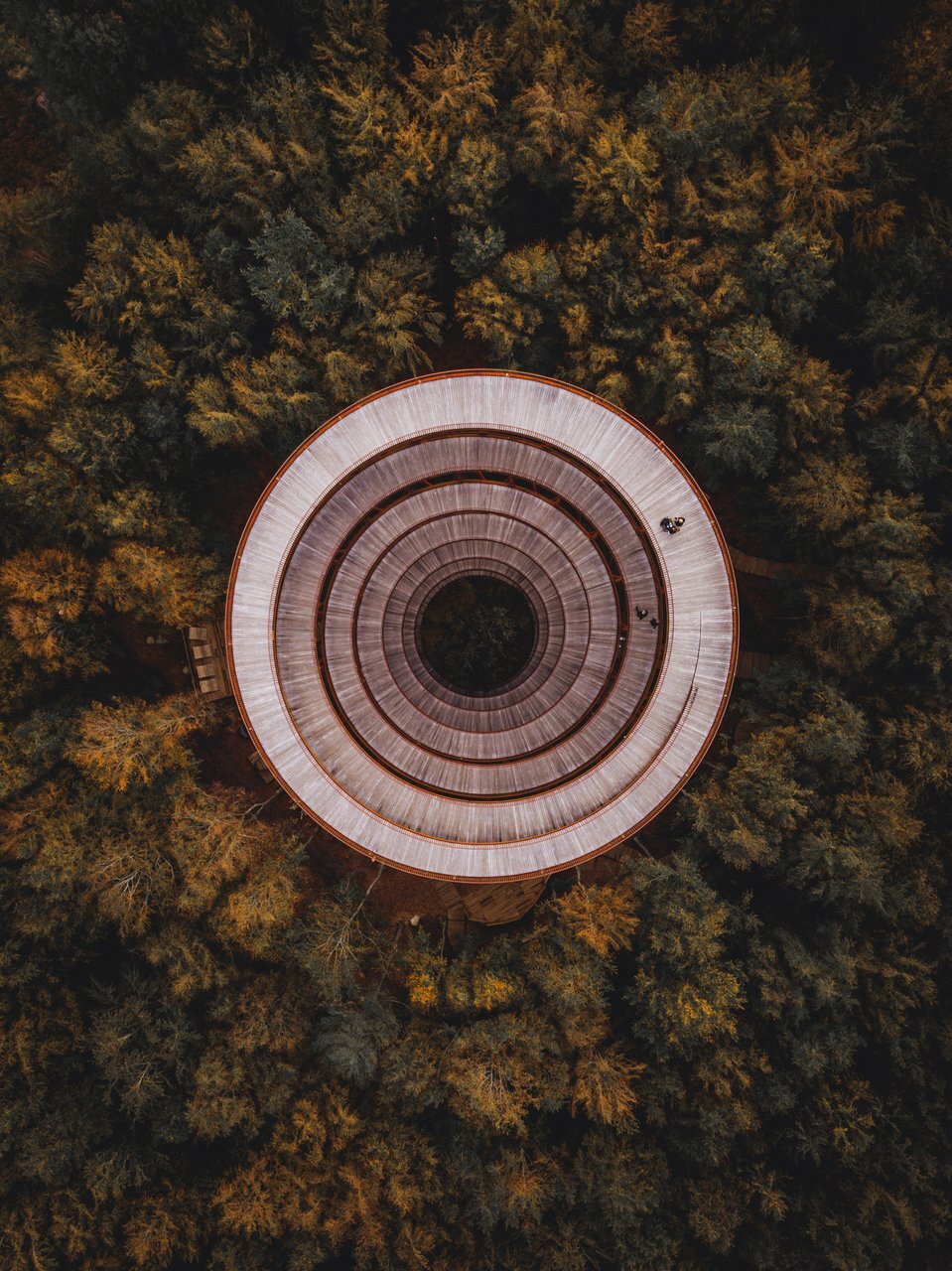

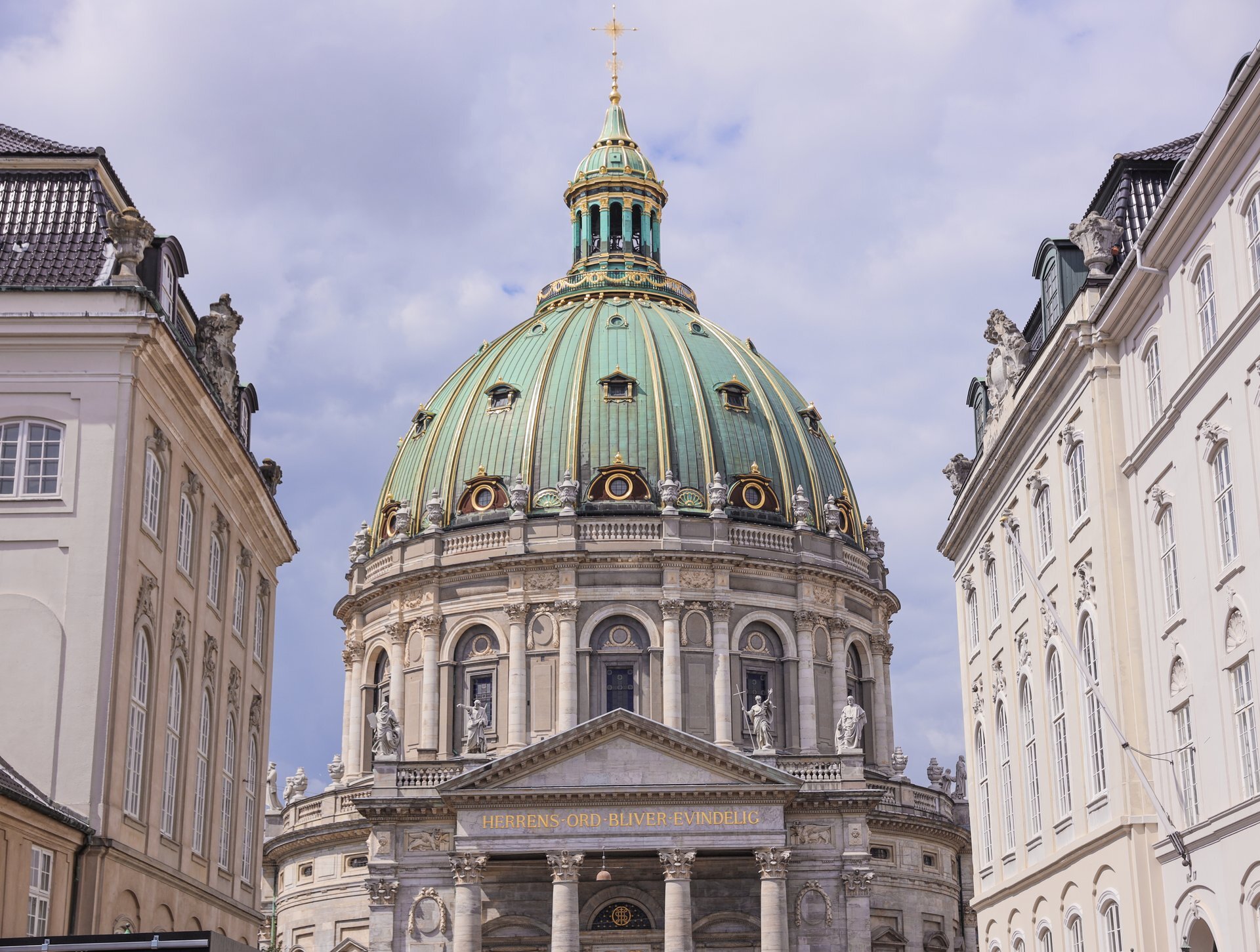
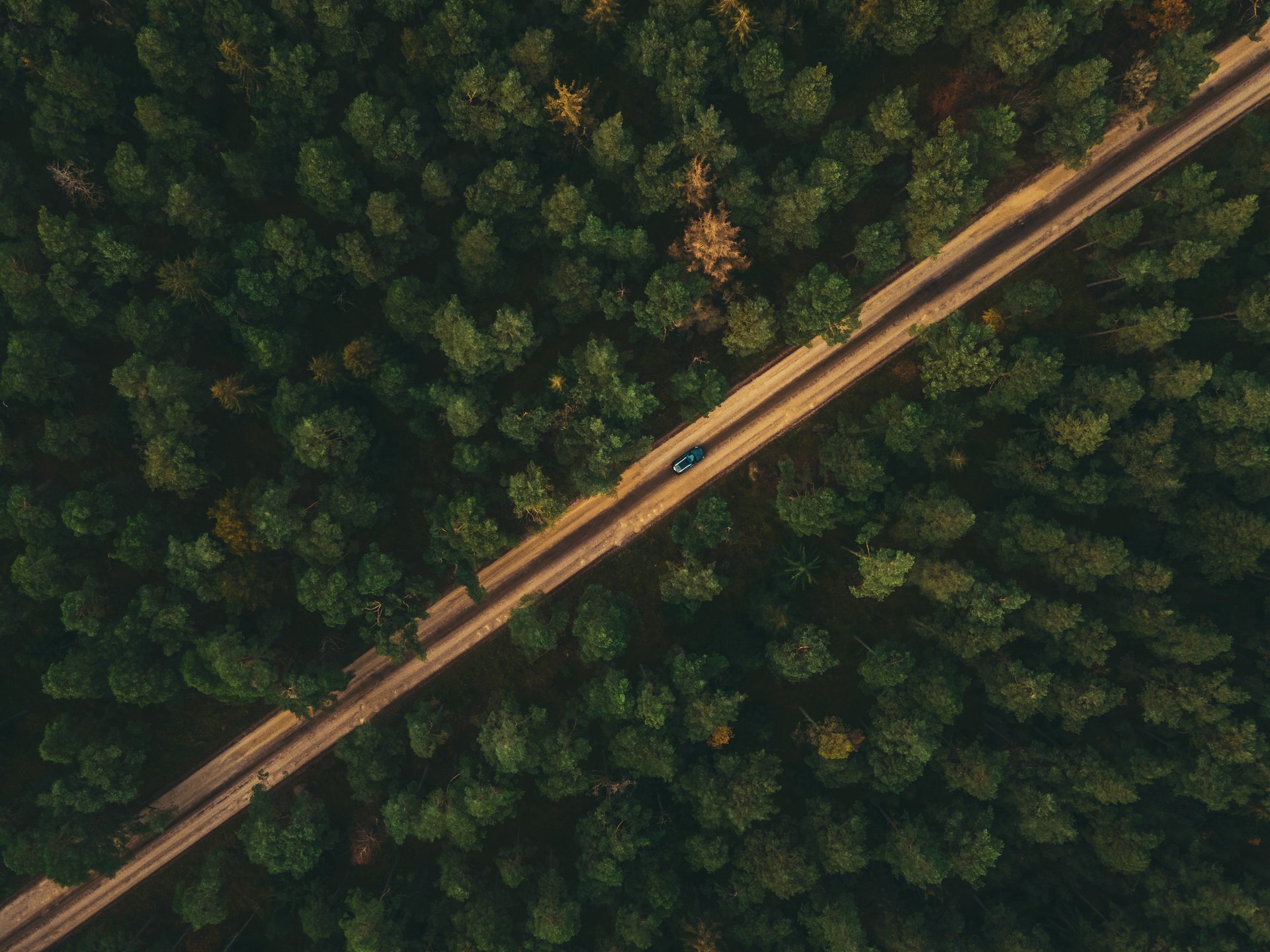
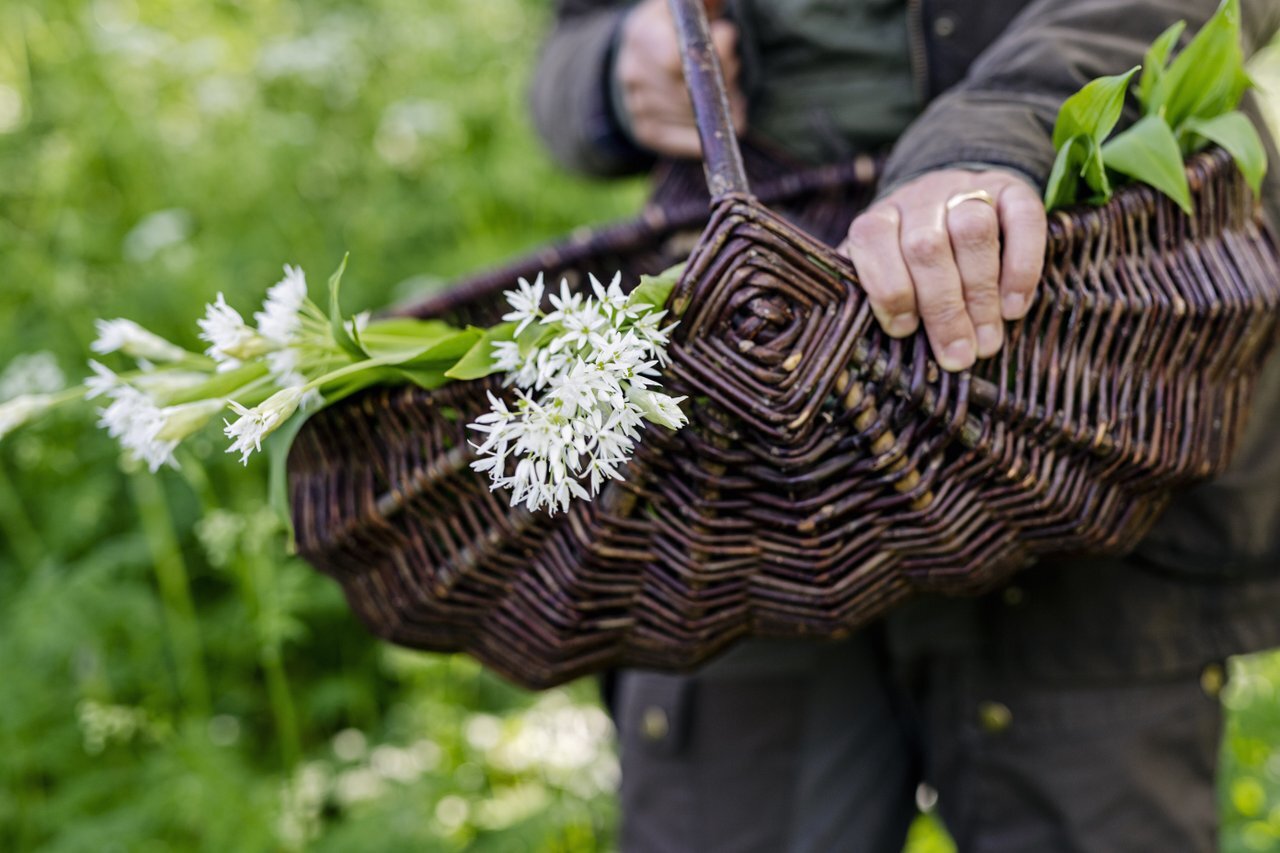

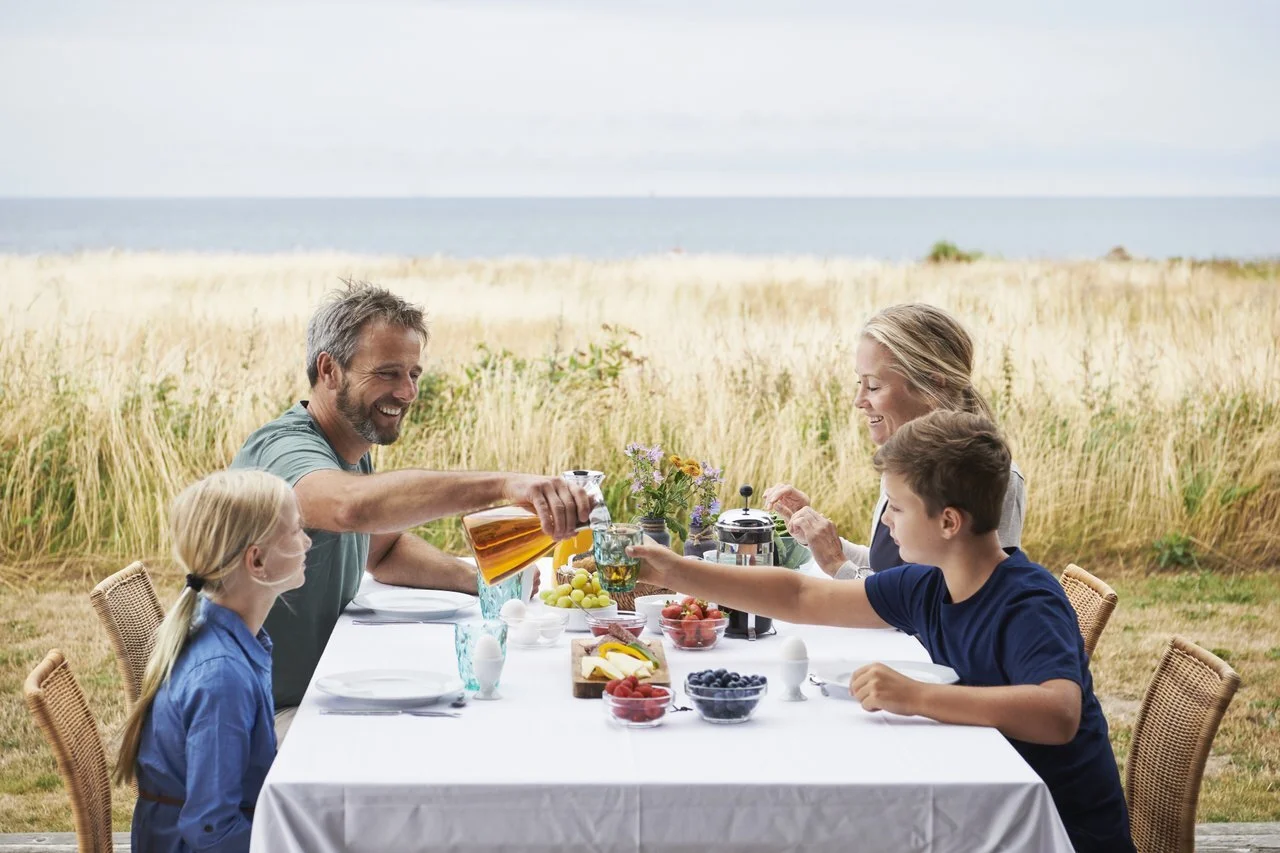



UNESCO World Heritage Sites in Denmark
Denmark has seven UNESCO World Heritage sites and the great thing is that you can go on a true UNESCO hunt because in Denmark everything is always close by.
Denmark is smaller than most people think. You can fly across the whole country in 45 minutes, drive through the country in 4 - 5 hours, and get from Copenhagen Airport to the center of Copenhagen in 15 minutes by metro.
© Daniel Overbeck - VisitNordsjælland
Sustainable travel in Denmark
Get in touch
More information Planning your visit to Denmark.
My website provides basic information about sustainable destinations and offers you the possibility to book on your own on globally verified booking platforms or directly with the hotel.
Nevertheless, in case you have any questions or special inquiries you would like me to assist you with, please do not doubt to contact me, It will be my pleasure to help you.
From my side, I can assist you in researching special offers, Personalized experiences, contacting local guides, manage your hotel booking, or any other particular request you may have regarding your travel preparation.
Every hotel group has its categories, special offers, or rates that can match your needs perfectly: your budget, your expectations or special enquires (secluded area, sea views, surprise for your travel companion, restaurant, or activities bookings in the area during your stay…)
I insist, do not doubt to contact me, I will be pleased to assist you watever your special needs may be.